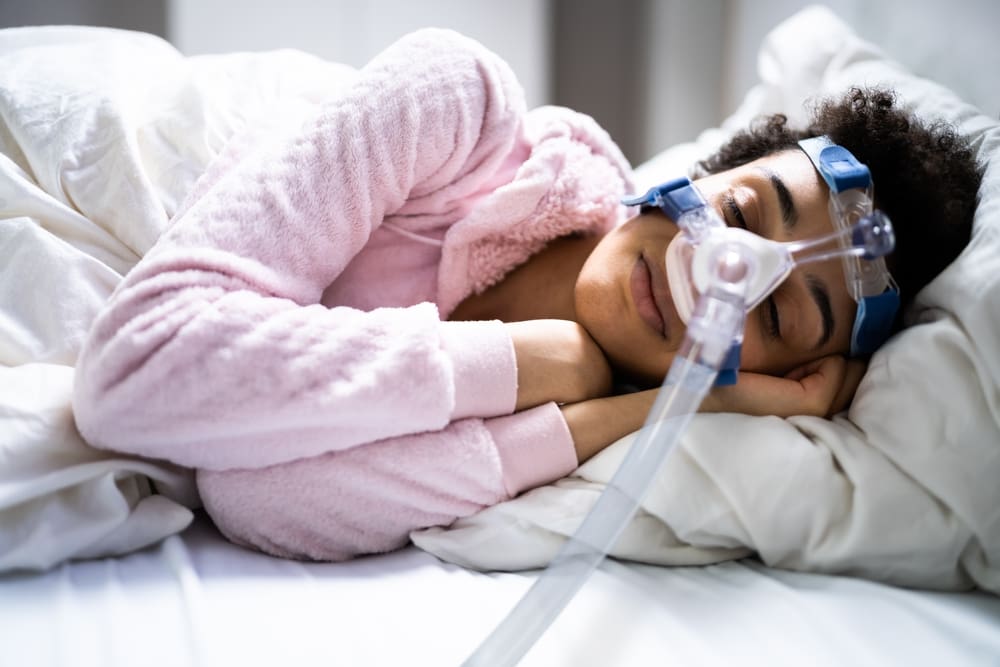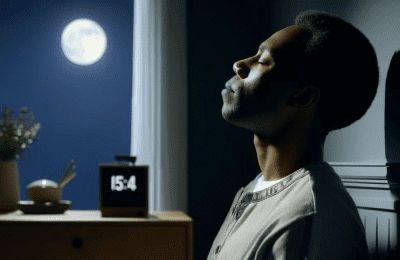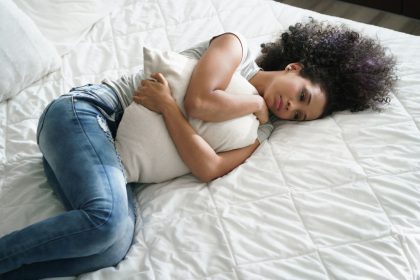Sleep apnea is a prevalent sleep disorder that affects millions of individuals worldwide, yet it often goes undiagnosed and untreated. This condition not only disrupts sleep patterns but also poses significant health risks if left unchecked. Understanding the essentials of sleep apnea is crucial for recognizing its symptoms, seeking appropriate treatment and mitigating potential health complications. Here are five vital facts about sleep apnea everyone should know.
Introduction to sleep apnea
Sleep apnea is characterized by repeated interruptions in breathing during sleep. These pauses can last from a few seconds to minutes and may occur 30 times or more per hour. Typically, normal breathing then starts again, sometimes with a loud snort or choking sound. The most common form, obstructive sleep apnea, results from the throat muscles intermittently relaxing and blocking the airway during sleep.
1. There are different types of sleep apnea
Understanding the different types of sleep apnea is crucial for proper diagnosis and treatment. The three main types are:
– Obstructive sleep apnea (OSA): The most common form, caused by the blockage of the airway when the soft tissue at the back of the throat collapses and closes during sleep.
– Central sleep apnea (CSA): Unlike OSA, the airway is not blocked, but the brain fails to signal the muscles to breathe due to instability in the respiratory control center.
– Complex sleep apnea syndrome: Also known as treatment-emergent central sleep apnea, occurs when someone has both obstructive sleep apnea and central sleep apnea.
2. Symptoms can be misleading
The symptoms of sleep apnea can often be misleading, making it difficult to diagnose without proper medical evaluation. Common signs include:
– Loud snoring
– Observed episodes of breathing cessation during sleep
– Abrupt awakenings accompanied by gasping or choking
– Morning headache
– Excessive daytime sleepiness (hypersomnia)
– Difficulty concentrating during the day
– Mood changes, such as depression or irritability
– High blood pressure
– Nighttime sweating
Awareness of these symptoms is crucial for early detection and treatment.
3. Sleep apnea affects more than just sleep
Untreated sleep apnea can lead to a range of health issues beyond just poor sleep quality. It is associated with increased risk for:
– High blood pressure
– Heart disease
– Stroke
– Diabetes
– Metabolic syndrome
– Liver problems
– Sleep-deprived partners
The impact of sleep apnea on overall health underscores the importance of addressing the disorder.
4. Risk factors and prevention
Certain factors increase the risk of developing sleep apnea. These include:
– Excess weight: Fat deposits around the upper airway can obstruct breathing.
– Neck circumference: A thicker neck may narrow the airway.
– A narrowed airway: You might inherit naturally narrow airways. Enlarged tonsils or adenoids can also block the airway, particularly in children.
– Being male: Men are more likely to suffer from sleep apnea than women.
– Age: Sleep apnea is more common in older adults.
– Family history: Having family members with sleep apnea might increase your risk.
– Use of alcohol, sedatives, or tranquilizers: These substances relax the muscles in your throat.
– Smoking: Smokers are three times more likely to have obstructive sleep apnea than are people who’ve never smoked.
While not all risk factors are within your control, lifestyle changes such as weight management, quitting smoking and reducing alcohol intake can significantly decrease the risk of developing sleep apnea.
5. Treatment options vary
Treatment for sleep apnea can vary based on the severity of the condition and the underlying cause. Options include:
– Lifestyle changes: Weight loss, exercise and avoiding alcohol and smoking can help reduce symptoms.
– Continuous positive airway pressure (CPAP): The most common and effective treatment for moderate to severe obstructive sleep apnea involves wearing a mask over the nose and/or mouth while sleeping. The mask is connected to a machine that provides a constant airflow, keeping the airways open.
– Oral appliances: Designed to keep the throat open, oral appliances are effective for mild to moderate obstructive sleep apnea.
– Surgery: Options might include procedures to remove tissue from the rear of your mouth and top of your throat, jaw repositioning, implants or nerve stimulation.
Sleep apnea is a serious condition with wide-ranging effects on health and well-being. Recognizing the symptoms, understanding the risk factors and seeking appropriate treatment can dramatically improve sleep quality and overall health. If you suspect you or a loved one may have sleep apnea, consult with a health care provider for a proper diagnosis and treatment plan. Awareness and action can lead to a significantly improved quality of life.
This story was created using AI technology.











8 Responses
I have a mild case and am using a machine at night. It is helping me considerably, get a better nite sleep.
I just cannot get used to the mask, so I end up taking a break from it. I have a really high number of events (66) and higher.
I need a CPAP machine that we are fighting with mainecare to approve this machine for me. My number of events within an hr was 145, this is very bad, why don’t they see I clearly need this machine like doctors have said.
It’s a Bpap machine I need.
I can’t wait to get the aspire and then no more mask and loud breathing 😮💨 from the make or mask not fitting right.
Before being diagnosed with Sleep Apnea, I had problems with my stomach due to excess acid and could not tolerate dairy products. After using my CPAP machine my stomach issues went away…amazing!
I have sleep apnea an I haven’t told my doctor because I don’t like the mask that they talk about it scares me.so please give me advice on what to do.thank you D.H
I have 32 events & while the CPAP equipment has definitely lowered my number I fail to get any sleep which seems to be worse. Both me and my husband are suffering!